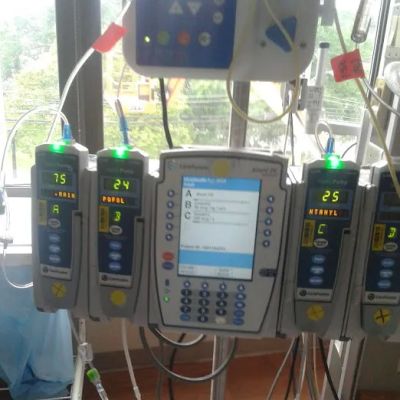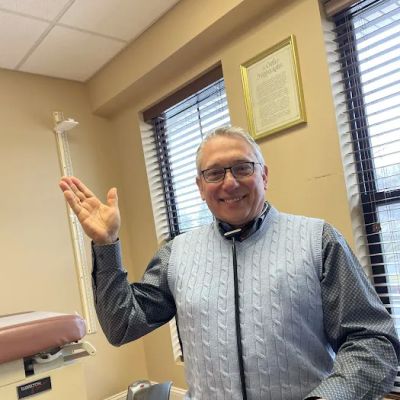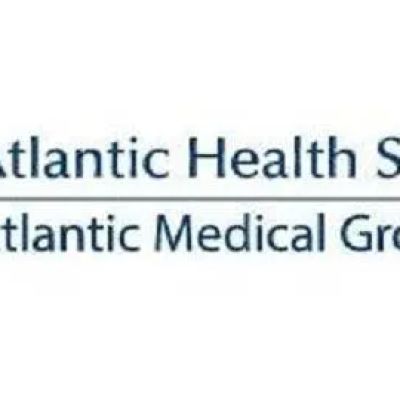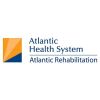When to Seek Emergency Care for Heart-Related Issues: Key Signs and Symptoms
- 1 - Recognizing Heart-Related Emergency Symptoms
- 2 - Common Signs of a Heart Attack
- 3 - Other Heart Conditions That Require Immediate Care
- 4 - Real-Life Stories and Case Studies
- 5 - The Importance of Seeking Timely Emergency Care
1 - Recognizing Heart-Related Emergency Symptoms
Heart-related issues are a leading cause of emergency room visits, and recognizing when to seek immediate care can mean the difference between life and death. Many heart problems, such as heart attacks and arrhythmias, come on suddenly, and understanding the warning signs is critical to receiving timely treatment. But how do you know when it’s time to seek emergency care for heart-related issues? Let’s break down the key symptoms to look out for.
Chest pain, shortness of breath, and dizziness are some of the most common symptoms of heart-related emergencies. However, symptoms can vary from person to person and may be more subtle in certain cases, such as with women or the elderly. Understanding these symptoms could save your life or the life of someone close to you.
2 - Common Signs of a Heart Attack
Heart attacks are among the most common and serious heart-related emergencies, and recognizing the signs early can prevent irreversible damage to the heart muscle. The classic signs of a heart attack include:
- Chest pain or discomfort: This pain is often described as a pressure, tightness, or squeezing in the chest. It may last for several minutes or come and go.
- Pain radiating to other areas: The pain may radiate to the left arm, back, neck, jaw, or stomach.
- Shortness of breath: Difficulty breathing or a feeling of breathlessness is a common symptom that accompanies a heart attack.
- Cold sweat and nausea: Sweating excessively or feeling nauseous or lightheaded can also be warning signs of a heart attack.
If you or someone you know is experiencing these symptoms, it is crucial to seek emergency care immediately. Even if you are unsure whether it's a heart attack, it is better to err on the side of caution.
3 - Other Heart Conditions That Require Immediate Care
While heart attacks are the most well-known heart-related emergencies, there are several other conditions that require immediate medical attention. These include:
- Arrhythmias: Abnormal heart rhythms, such as atrial fibrillation, can be life-threatening if not treated promptly. Symptoms include palpitations, dizziness, or fainting.
- Congestive heart failure: When the heart becomes unable to pump blood effectively, it leads to fluid buildup in the lungs, causing shortness of breath, fatigue, and swelling in the legs or abdomen.
- Aortic dissection: A tear in the wall of the aorta, the body’s largest artery, can cause sudden, severe chest pain that radiates to the back. This condition is extremely dangerous and requires immediate surgery.
If any of these conditions are suspected, seek emergency care right away. Early intervention can significantly improve outcomes and prevent complications.
4 - Real-Life Stories and Case Studies
Real-life stories often provide the clearest illustration of why timely intervention matters. Take the story of Jane, a 52-year-old woman who experienced mild chest discomfort one evening but brushed it off as indigestion. The next morning, however, she collapsed and was rushed to the hospital. Fortunately, Jane survived after receiving emergency care in time. Her doctors later told her that if she had waited even a few more hours, the damage to her heart could have been fatal.
Similarly, consider Mark, a 45-year-old man with no prior history of heart problems. He ignored what he thought was heartburn, only to learn that it was actually the early stages of a heart attack. Thanks to the quick action of his wife, who insisted on calling 911, Mark was able to receive treatment quickly and make a full recovery.
These stories highlight the critical importance of recognizing heart-related symptoms and acting fast. By understanding the signs and seeking immediate care, you can dramatically improve your chances of survival.
5 - The Importance of Seeking Timely Emergency Care
Timely emergency care is essential when it comes to heart-related issues. The first few hours after a heart attack or other cardiac emergency are the most critical. If you suspect that you or someone you are with is experiencing a heart-related issue, do not hesitate to call for help. The faster medical intervention is provided, the better the chances of a positive outcome.
In many cases, prompt treatment can help prevent permanent damage to the heart muscle, reduce the risk of complications, and increase the likelihood of a full recovery. Whether it's through medication, surgery, or lifestyle changes, getting the right treatment at the right time is key to managing heart-related emergencies.
Remember, when in doubt, seek help. It’s always better to err on the side of caution when dealing with heart health, and timely intervention can make all the difference in saving lives.




















